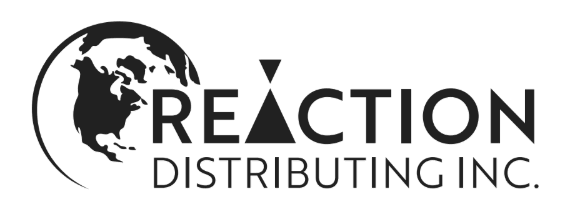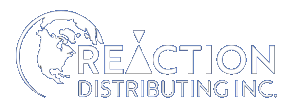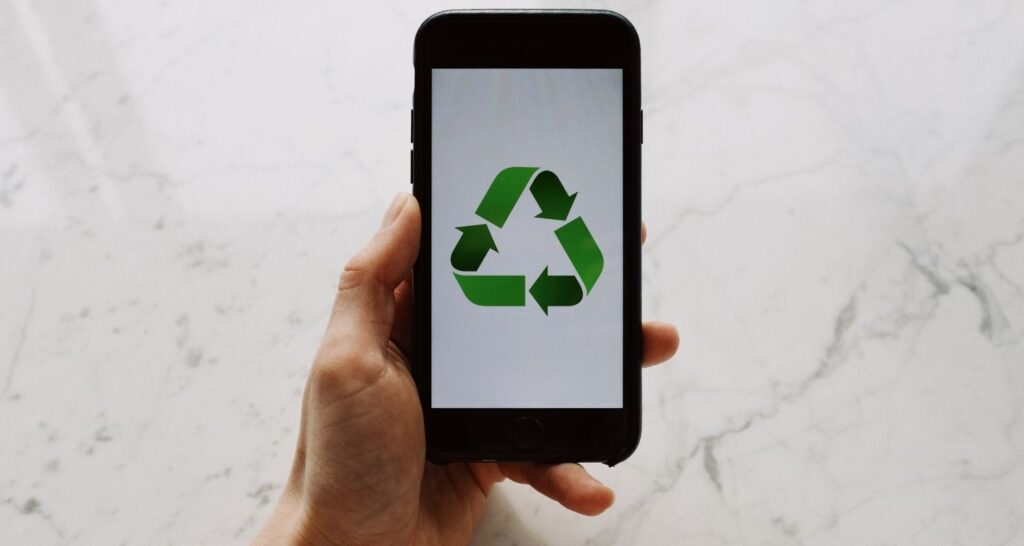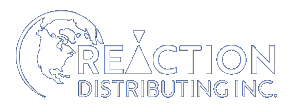What Is a Recycling system?
A recycling system is the method of separating and managing recyclable materials from the waste stream collected on-site. It can include the process of delivering source-separated materials to a recycling facility or recycling drop-off center.
What Are the Different Types of Recycling Systems?
The recycling industry is becoming increasingly important. Customers’ demands for recycling discarded items are skyrocketing. Even automobiles are recycled to a large extent among all recycling products. The primary goal of recycling is to prevent raw materials from being used in other products. Recycling reduces energy consumption, while also reducing air and water pollution; ultimately, this aids in reducing greenhouse gas emissions.
What is the Purpose of Recycling?
Recycling has numerous environmental and human benefits. It is primarily performed for these reasons:
- To reduce the amount of waste which ends up in landfills and incinerators
- To protect natural resources such as timber, water and minerals
- Pollution avoidance measures
- Energy conservation
- To conserve valuable resources and to support Canadian manufacturing
- To aid in the creation of jobs
Recycling System Types
Cleaning and sorting items are part of the recycling process. There are various recycling systems, so recycling classification is sometimes carried out based on the system used. Mixed waste collection, source separation, or commingled recyclables can all be used to recycle materials.
- Mixed Waste Collection
This procedure entails combining recyclable products with waste materials. After being mixed with waste, the desired materials are procured, separated and cleaned. This is one of the simplest recycling methods available to businesses. Plastic bottles, metal or steel cans, paper and cardboard are all mixed in one container. Though it generates a lot of recyclable waste, it is a simple way to increase recycling at your workplace. It is not only a convenient, efficient way to dispose of recyclable materials, but it is also environmentally friendly. This is because there is a need for raw materials, a reduction in reliance on fossil fuels plus a reduction in the carbon footprint.
- Source Separation
Source separation refers to the separation of various types of solid waste at the point of generation. Waste is classified into different categories based on the collection system used along with the waste’s final destination. Before collection, every material is sorted and cleaned in this type of recycling. Source separation has the advantage of requiring less cleaning after collection.
- Commingled System
All recyclables are collected together in a commingled system, also known as “single-stream” recycling. Waste materials (such as garbage) are kept separate from recyclable materials. This recycling system’s primary goal is to divert more waste away from landfills. As a result, people will find it easier to recycle their waste. Also, this recycling system eliminates the need for sorting and lowers collection costs.
Benefits of Recycling
Recycling is one of the most effective ways to help the environment. The advantages of recycling can be seen in both the environment and society, since what is good for the environment is also good for us.
- Recycling helps to reduce the number of chemicals and greenhouse gasses emitted by waste in landfills.
- It contributes to the reduction of waste-related pollution.
- Recycling decreases the demand for raw materials, allowing rainforests and other forests to be better preserved. As such, it helps to reduce global warming.
- When raw materials are used to make products, massive amounts of energy are expended. Recycling, on the other hand, uses far less energy and thus contributes to the conservation of natural resources.
- It shrinks the size of landfills.
- We can significantly reduce our use of fossil fuel energy (as well as CO2 emissions) by recycling.
- It saves up to 95% of fresh water in raw material mining and manufacturing.
Want to know more about recycling? Speak with your friendly experts at Reaction Distributing today. Visit us online or call us at (866) 244-0009.




